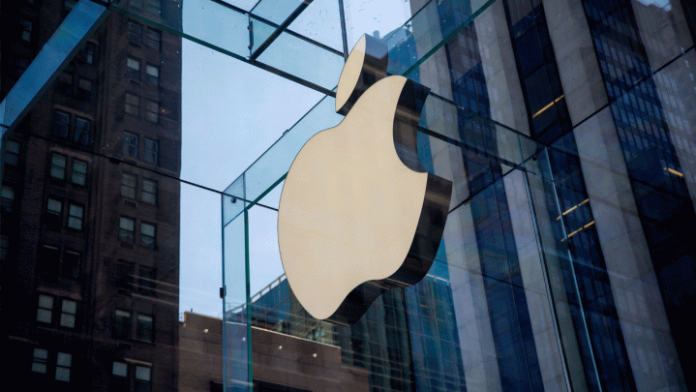It will be interesting to see India’s take on Apple’s demand for a 15-year exemption on countervailing duty (CVD) on imported components.
The Ministry of Electronics and IT (MeitY) is positive that Apple would soon be manufacturing its signature iPhone in India with the added advantage of the country’s readily available skilled workforce, though a final go on the issue, is still being awaited.
MeitY additional secretary Ajay Kumar stated in a media interaction that, beyond manufacturing devices, Apple’s mobile payment service also falls in place with India’s gradual shift towards cash-less economy.
On January 25, a six-member Apple team led by its vice president for operations Priya Balasubramaniam and government affairs head Ali Khanafer, met central government officials including the Department of Industrial Policy & Promotion (DIPP) to discuss the concessions Apple sought. The Tim Cook-headed company has sought fiscal concessions, including customs duty waiver on the import of components required for local manufacturing.
“This is not uncommon when companies ask for certain incentives to start production,” Kumar said.
A major hurdle is with Apple’s demand seeking a 15-year exemption on countervailing duty (CVD) on imported components, a demand India may find difficult to accept under the soon to be rolled out goods and services tax (GST).
Revenue secretary Hasmukh Adhia recently told the media that there can’t be individual exemptions under GST which will subsume central taxes such as central excise, service tax, countervailing duty and state taxes including value-added tax, octroi and purchase tax. It is expected to be implemented from July 1. Countervailing duty is levied as part of import duty in lieu of central excise duty.
But DIPP, which is anchoring the Apple-government talks, recently indicated that a way could be found with some tweaks to existing policy but stressed that any change will be for the industry as a whole and not for any one company.
Kumar rejected allegations by the local industry of government bias towards Apple, saying it’s too premature.
“We have not reached any decision yet on Apple’s demands. But we are hopeful about the discussions that are going on,” he said.
Karnataka has already confirmed that Apple is planning to commence initial manufacturing operations in the Bengaluru’s Peenya industrial area, which will “foster cutting edge technology eco system and supply chain development in the state, which are critical for India to compete globally”.
Kumar said the proposition to manufacture in India is significantly superior to what it was two years back, with the country offering scalable manpower and industry-based skills that could facilitate large-scale customized production operations. He expects Apple’s contact-manufacturing partners such as Taiwan-based Foxconn Technology Group and Wistron Corporation to invest big in India.
“Apple recognizes India as a very important and growing market and Digital India with digital payments gives further push to it,” the top official added.
He said the smartphone giant could tap India’s growing appetite for digital transactions and may expand mobile payment and digital wallet platform Apple Pay to India.
Globally, Apple is pushing its Apple Pay service and its user base surged three-fold in 2016 with a 500% growth in transaction volume year-on-year. The payment platform is currently available in 13 markets and was recently launched in Russia, Spain, Japan and New Zealand.









